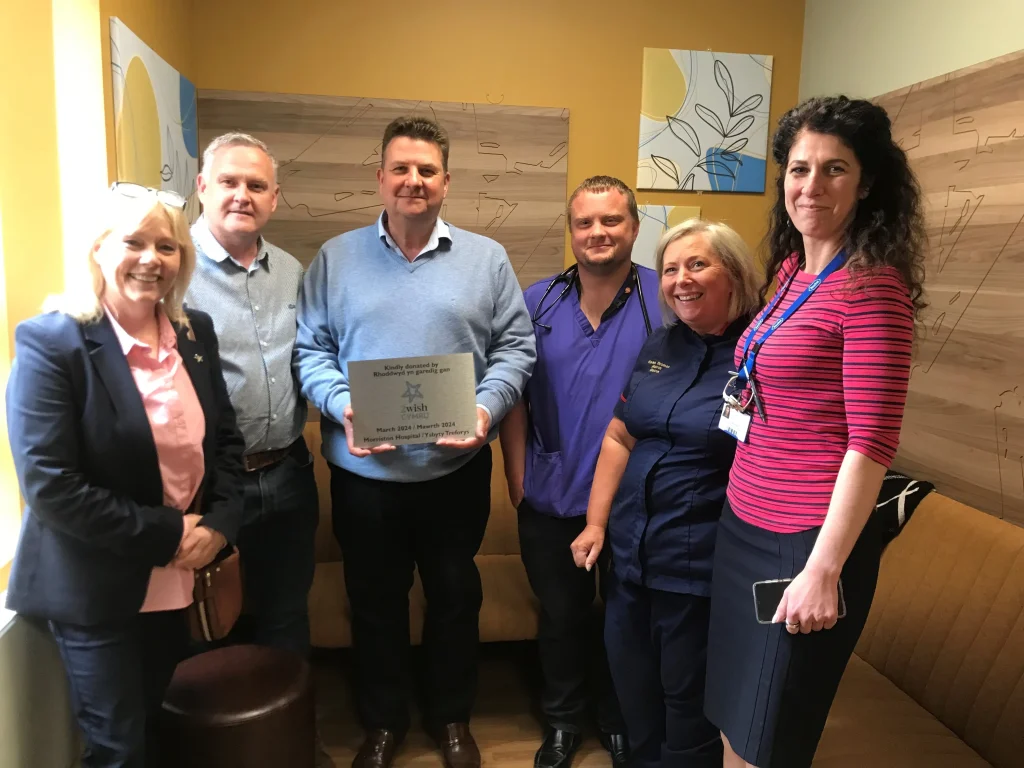The news that several charities in Ireland and the UK have had their data compromised following a ransomware attack on an IT supplier, should be a reminder of how incredibly valuable the data collected by charities is. The charity sector spans a vast number of areas, and thus data is collected about everything from crime to health to private, personal, sensitive information.
This data should never be taken for granted. In fact, it could be one of the charity sectors greatest assets, and if collected, stored, and used correctly, data can be a powerful tool for driving efficiency and social change. For example, data can be analysed to identify particularly at-risk or high-need beneficiaries or better understand charity contributors and employees to improve the efficiency of operations.
Currently, most charities aren’t using data to its full effect, largely because of a lack of data literacy, and an organisation wide data strategy. In this blog, I will highlight some of the areas currently limiting data strategies in the charity sector and share some suggested tips for how data strategy can be improved.
People powering data
A data strategy will only be successful if, its understood and implemented correctly by those using it every day. While tangible parts of a data operation are important to a charities success in improving its data maturity, success ultimately depends on so much more than what can be written on paper, and ensuring existing employees understand what data can do for them and their departments is critical.
The key to achieving this is by improving data literacy amongst all employees. Data literacy is the ability to create, read, write, and argue with data and, in an ideal world, all employees would have at least a foundational ability to do all four of these things. Shockingly, according to the recent Carruthers and Jackson Data Maturity Index, 64% of data leaders believe most or almost all employees in their organisation are currently not data literate.
This issue needs to be overcome to improve how data strategies are deployed which will require organisations to have the right facilities to train employees to become data literate, not only introducing staff to new terms and concepts but also reinforcing why data knowledge is critical to helping them improve their department’s operations. This should take place within the whole organisation, so not just data teams or Chief Data Officers (CDO) for whom it may seem most relevant, but also fundraising teams, to understand forecasts and planning, and those on the ground collecting people’s data to make sure it’s being recorded and stored correctly.
By emphasising the benefits of data and incorporating an organisation wide data strategy based around data literacy, charities can begin to overcome some of the common problems teams run into.
Improving the flow of data
Organisations make key business decisions based on what they know, and what they know is derived from analysing their data. Therefore, to enable the best decisions, data must be accurate, reliable, and most importantly, accessible.
Unfortunately, many charities and organisations, have data silos in departments, which means a collection of data held by one group that is not easily or fully accessible by other groups in the same organisation. Data silos hamper charity organisations from being able to see the complete value of its information, as data becomes marooned rather than being shared across teams or departments where the information is needed.
Of course, not everyone needs access to all the information in an organisation, and security measures such as user access management need to be kept in place to an extent. But, to stop siloed data from becoming a wasted resource, the flow of data from one team to another needs to be improved to ensure that charities can make informed decisions which help innovation and growth.
So, how can charities hunt down data silos? While tech can do whatever you want it to if you put your mind to it, technology isn’t necessarily the ideal tool when dealing with data silos, as these are fundamentally people problems, which generally come about because some employees thought they were needed. Once data silos have been identified, the next steps are to remove them and prevent them from appearing again. The responsibility for this often lies with the CDO, whose role it is to understand why data silos exist in the first place and to put something better in place.
For example, when I was working with Guide Dogs, they bought in DRM, dog relationship management, (a derivative of the CRM which Chief Information Officers often use) and using its Salesforce platform, Guide Dogs developed DRM to be a central dog database which brought together digital data, as well as a wealth of information spread across the organisation in order to overcome data siloed in departments and to move the data to a centralised position in the organisation.
Data is the foundation
Data is the foundation for charity organisations and removing data silos while improving organisation wide data literacy is critical to making better decisions faster, improving efficiency, refining decision accuracy, and limiting time spent searching for data and trying to understand if it’s trusted, accurate, and reliable. The solution is to implement a data culture, where data purpose, tools and methods are valued and understood by everyone across the whole organisation.






